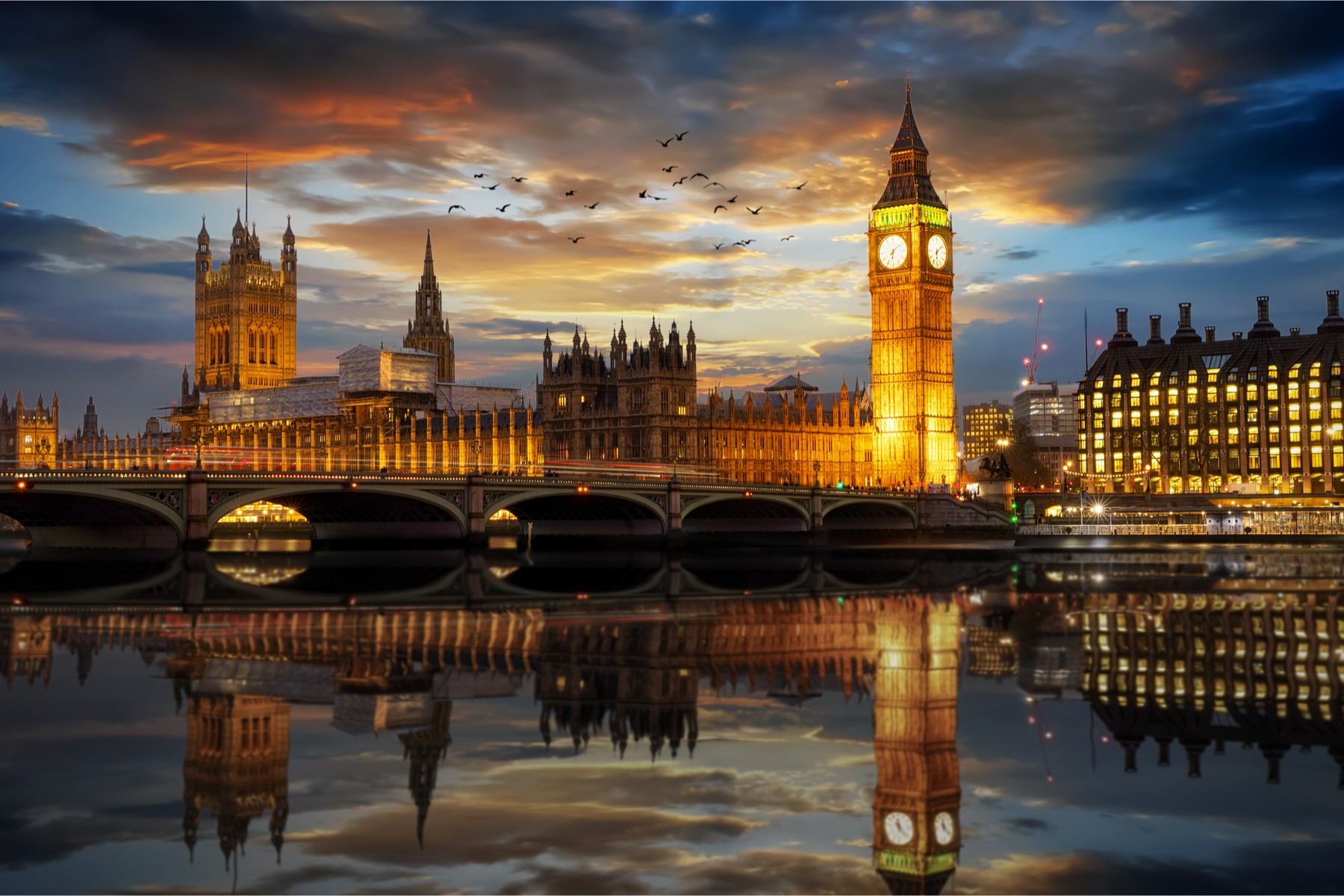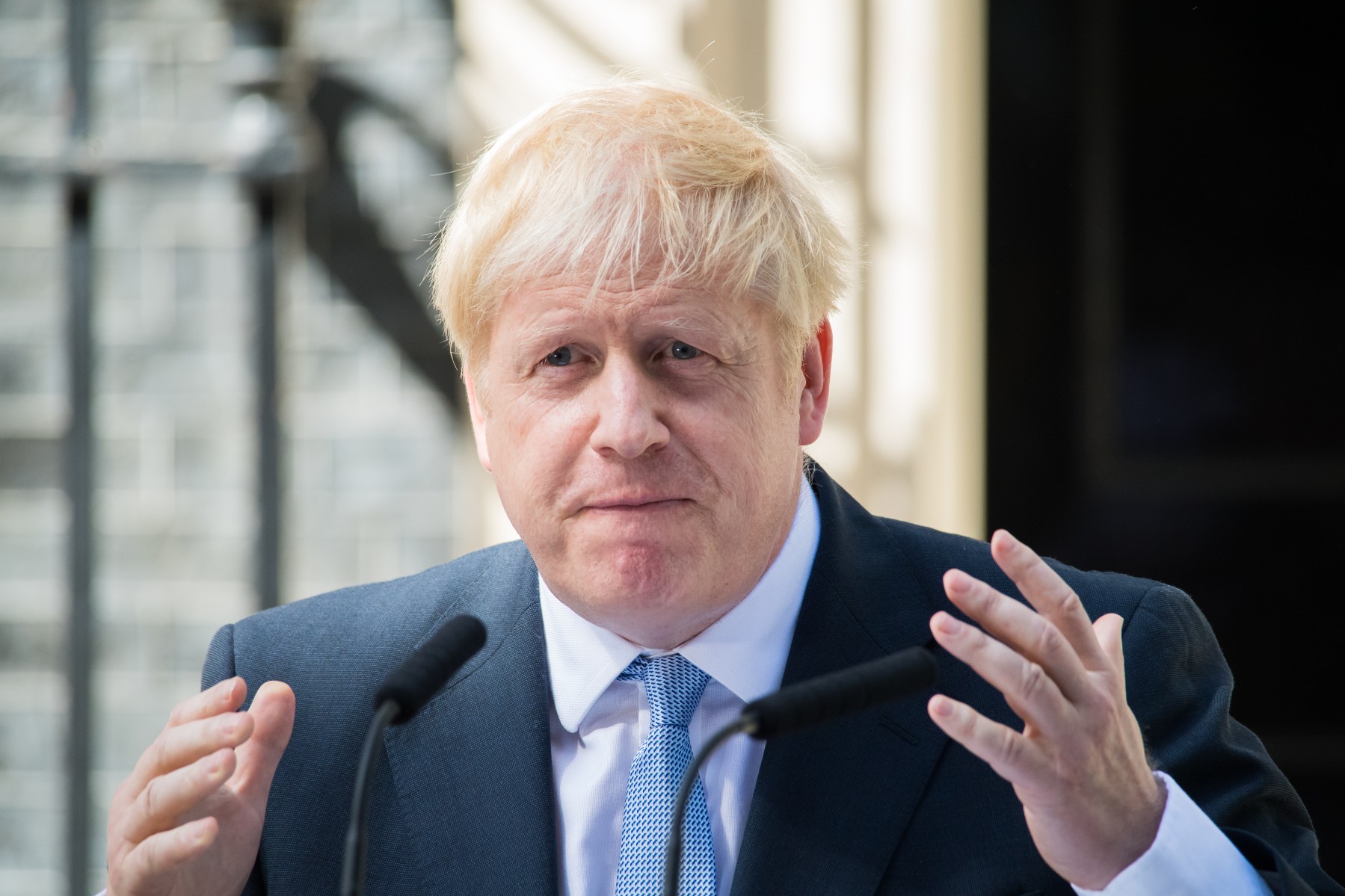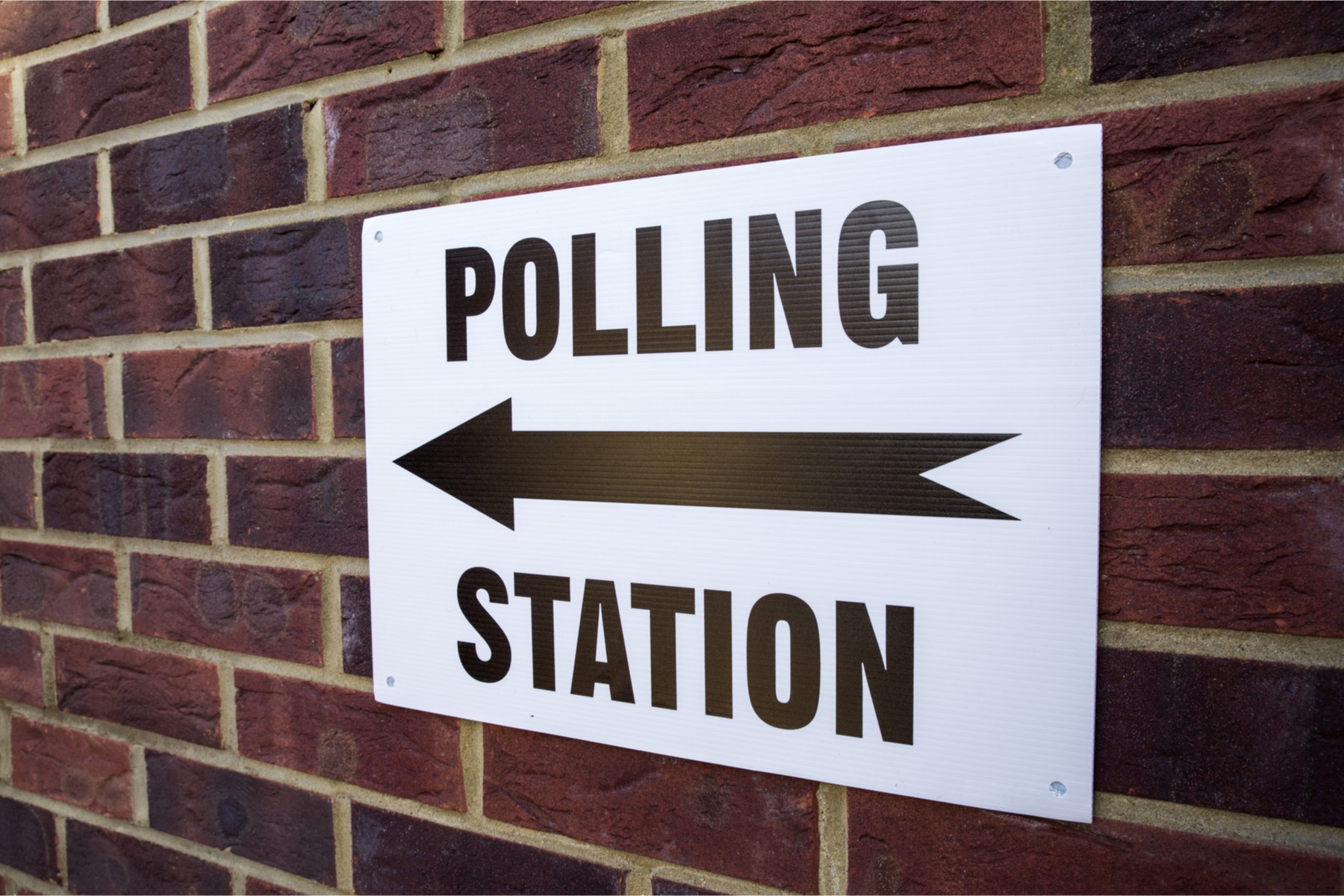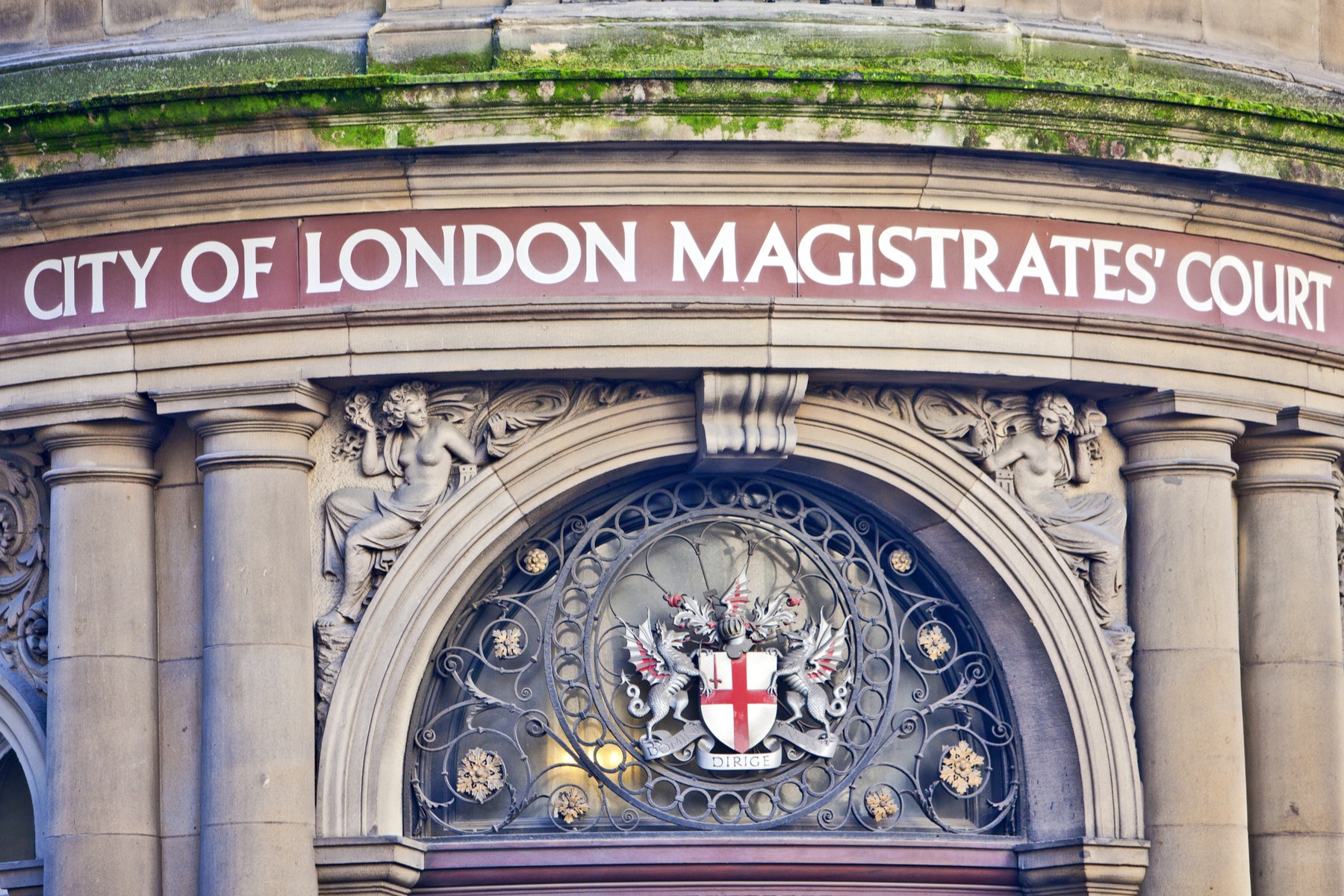
Government and political system in the UK (1)
.docxGovernment and political system in the UK
The UK is a constitutional monarchy, similar to countries such as Spain, the Netherlands, Japan, and the United Arab Emirates. This means that a monarch – in this case, Queen Elizabeth II – acts as Head of State. It is a parliamentary democracy where the elected British Government, the head of which is the Prime Minister, holds executive power.
Two chambers exercise legislative power: the lower chamber – the House of Commons – made up of 650 elected regional Members of Parliament (MP); and the upper chamber – the House of Lords – made up of a mixture of appointed and hereditary peers. Unlike with elected MPs, the number of members in the House of Lords is not fixed. Currently there around 800 members from across the parties, as well as non-affiliated( не связанный, не относящийся к чему-либо,в данном случае к партиям) members.

Although the British government has central power, a certain amount of political power has been devolved to the regional governments in Scotland, Wales, and Northern Ireland. Both Scotland and Wales established their own devolved parliaments in 1999. Northern Ireland has had its own devolved assembly (законодательное собрание со значительной степенью автономии) since 1972. п
The UK runs a first-past-the-post (FPTP)(мажоритарная избирательная система, существующая в Великобритании, Канаде и некоторых других странах; страна делится на избирательные округа, число которых соответствует количеству мест в парламенте; депутатом становится кандидат, победивший в выборах в конкретном округе) electoral system with elections every five years.
The British Prime Minister: who is currently in power in the UK?
The leader of the Conservative party, Boris Johnson, is Prime Minister of the UK. Johnson has held this position since July 2019 when he won the party leadership contest after the previous Prime Minister, Theresa May, resigned. The Conservatives then won a General Election in December 2019, winning 365 parliamentary seats (and 43.6% of the vote). The Labour Party, then led by Jeremy Corbyn, won 202 seats and 32.1% of the vote. This was the biggest election victory since Tony Blair’s Labour Party win in 2001 and the biggest Conservative win since Margaret Thatcher triumphed in 1987.
Boris Johnson

Although the UK Prime Minister is the head of central government, Scotland, Wales, and Northern Ireland have their own heads of government called First Ministers. These are leaders or representatives of the parties with the most seats in government.
The next UK General Election is due to take place on 2 May 2024. Current opinion polls put the Conservatives ahead with 43% support, with Labour on 33% (June 2021).
Main political parties in the UK
There are currently 11 political parties with seats in the House of Commons. Below is a brief overview of each one.
Conservative Party
Also known as the Tory Party(Тори ,неофиц историческое название), the Conservative Party was founded in 1834. It has been one of the dominant forces in British politics since the 19th century. The party has been in power since 2010 and currently holds 363 parliamentary seats in Westminster.
The party has historically been similar in ideology to conservative parties in many other countries. Since the late 1970s, it has favored small government and liberal free-market economic policies. Traditionally socially conservative, in recent years it has become more socially liberal in certain areas such as LGBT rights, legalizing same-sex marriage in 2014.
The party primarily holds support among middle-class voters, especially in rural and suburban(пригород) areas. However, its 2019 election victory was notable(примечательна) for its success among traditionally Labour-supporting working-class voters in northern England.
The current leader of the Conservative party is the Prime Minister, Boris Johnson.
Labour Party
The Labour Party is the current Official Opposition party in the UK with 198 seats in parliament. It has had five periods in power since 1923, the most recent being 1997-2010. The party was founded in 1900 out of a coalition between trade unionists(профсоюзные деятели) and socialists.
Until the 1980s, Labour’s ideology was along traditional democratic socialist lines(принципы).
Labour has traditionally been more socially progressive in areas such as worker rights, LGBT rights, gender equality, and immigration policies. It has also been mostly pro-Europe, with the majority of its MPs voting against Brexit. Traditionally it has held support among working-class and socially liberal voters, although its working-class base has diminished recently. The party’s performance in the 2019 election was its worst since 1935.
Liberal Democrat Party
Commonly referred to as the Lib Dems, the Liberal Democrats were founded in 1988 out of a merger(слияние) between the Liberal Party and the Social Democratic Party – two parties that had been in an alliance since 1981.
The party’s ideology is a mix of traditional liberalism and social democracy. It favors a market-based economy, supported by a strong welfare state. It also supports civil liberties, LGBT rights, European integration, and a shift(переход) to proportional representation voting.
Other parties
Democratic Unionist Party (DUP)
Sinn Fein (meaning “We Ourselves” in Irish)
Plaid Cymru, also known as the Party of Wales
Alba Party is a Scottish nationalist party
Social Democratic & Labour Party (SDLP) The SDLP is an Irish Republican party in Northern Ireland
Alliance Party
Green Party
Electoral system in the UK
The UK uses different electoral systems for different types of elections. For general elections, where MPs representing 650 regional constituencies across the UK are elected to the House of Commons, the First-Past-The-Post (FPTP) system is used. Each party can put one candidate forward in each constituency (independents can also stand).
The party with the most winning candidates forms a majority government if they win over 50% of the seats, otherwise, they can form a coalition government with other parties to take them over 50% or form a minority government. The leader of the winning party becomes Prime Minister and appoints a Cabinet of Ministers to head the different government departments (health, education, defense, etc.). There are currently 23 ministerial departments and 20 non-ministerial departments.
General elections in the UK take place every five years, although the British government can call an early election if they get a two-thirds majority vote on doing so in the House of Commons.
In addition to UK general elections, there are:
Scottish and Welsh parliamentary elections, held every 5 years
Northern Ireland Assembly elections, held every 5 years
Local elections, held every 4 years, where voters elect local councillors.
Mayoral elections, held in London and some parts of England
Voting in the UK
The legal voting age in the UK is 18, apart from in Scottish and Welsh parliamentary elections where it is 16. For the UK general election, you must also be a British, Irish, or Commonwealth citizen and have a registered UK address (or be a British citizen living abroad who has been registered to vote in the UK in the last 15 years).
Other UK residents, such as EU citizens or foreigners with a right to reside in the UK, can vote in local elections and Scottish elections. Prisoners and anyone found guilty of electoral fraud in the last five years cannot vote.

To be able to vote in any UK election, you must register to vote. This means that your name will be on the electoral register. On voting day, you just need to turn up at your local polling station (usually a public space such as a community center or primary school) and give your name. You can find out how to register to vote here.
Political representation in the UK
To stand as a candidate in a UK general election, you must be at least 18 years old and a citizen of either the UK, Ireland, or a Commonwealth country that has a right to reside in the UK. Certain groups are disqualified from standing, including members of the police or armed forces, civil servants, and people with bankruptcy restrictions.
EU citizens cannot become MPs unless they also have UK citizenship, however, they can stand to become a local councilor in local elections.
Judiciary system in the UK
The UK has three separate legal systems: one for England and Wales, one for Scotland, and one for Northern Ireland. However, judges in some of the highest level courts such as the Supreme Court have UK-wide jurisdiction.

Similar to many other countries, the UK justice system is one of three branches of the state. The other two are the executive (the British government) and the legislative (the two Parliamentary chambers). Where the UK differs from most other countries is that it doesn’t have a written constitution. Therefore, its laws have grown out of centuries of statutes passed by Parliament and the common law of court decisions.
